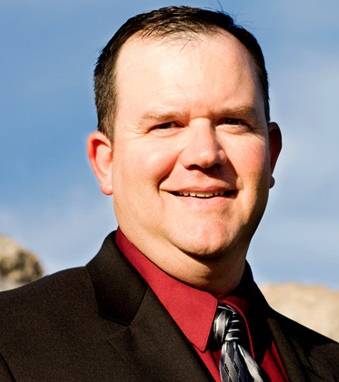
As tax day bears down on us with increasing momentum, I turned to a CPA for some tips on commonly overlooked deductions. As always, legal and tax advice given in this forum can only be general information and can never be considered individual tax advice, so discuss these issues with your own CPA now, while meaningful discourse and even some legal tax avoidance planning is still possible.
CPA TJ Casey is experienced in working with doctors through his firm TJ Casey CPA in Mesa, Ariz. and shared the following tips. Hopefully you have your own great CPA that you can turn to and who is helping your practice stay on schedule with its own business-planning calendar.
Here are Casey’s tips:
• Take advantage of reduced income tax from participating in employee-sponsored retirement plan, generally 401(k) plans.
• Keep track of your personal medical expense deductions for possible deductions on state tax returns. Many people don’t bother to keep track of medical expenses due to federal ceilings being so high that medical is generally disallowed. For instance, in our state, Arizona, all deductions for this expense may be allowable
• Take advantage of any available state income tax credits — allocating your tax dollars to working poor, private schools, and public schools; in some states to the tune of about $2,800 each year.
• Mileage deductions for self-employed doctors and practice owners. Most people don’t keep a log, and end up not being able to justify a deduction that could be a $0.55 per mile deduction depending on your state of residence.
• Not reporting when you should. Failure to report foreign bank account and security ownership (including through trust and other legal entities) can cost a doctor up to 50 percent of the account value if discovered by the IRS.
Note from Ike: Although we have discussed the use of a variety of offshores tools by doctors in this column and I personally use them with thousands of clients nationwide, all such tools are tax neutral, and are fully reported to the IRS. The penalties for abusing these tools, as many doctors are prone to do, (often at the suggestion of unskilled or unscrupulous tax plan salesmen and financial advisors), are exceptionally onerous and carry fines of hundreds of thousands of dollars and multi-year jail sentences. Full tax disclosure means never having to say, “I’m sorry.”
• Missing Alternative Minimum Tax (AMT) credit carry forwards and missing other tax attribute carry forwards like loses from previous years you may not have been able to fully use then.
• Misreporting issues like failing to properly report debt relief income from real estate transactions like short sales or other write-offs where you escaped the full liability of financing debt.
• Paying unnecessary penalties for failure to properly and timely pay estimated tax payments (do your really want to leave a tip?)
As Casey explained to me, none of this individually may be that exciting from a numbers perspective, but not letting a number of these things get away from you has a substantial cumulative effect.
Given the time of year and the damage severe winter storms have done to many parts of the country I discovered a few other timely and important deductions to consider:
• Deductions for damages and losses due to disaster (and theft and other losses). Again this is fact-specific but we’ve seen large numbers of practices affected over the last few years by tornadoes, hurricanes, and now severe winter storms. Those in official federal disaster areas get some level of automatic qualification, but get professional advice and don’t try to deduct things that actually weren’t a loss (i.e. normal wear and tear) and for which you may have been fully reimbursed by insurance, as one prohibited example.
• Deductions for caring for a parent or other dependent individual. The IRS may allow you take a specific deduction of up to $3,000 known as the “Dependent Care Credit” for the care of a parent or other individual that meets certain minimum qualifying criteria and who is incapable of caring for themselves.
• Deductions of a variety of common and recurring business expenses including:
• Financial advisory and financial management fees including bank fees of various types;
• The cost of last year’s tax returns;
• Property taxes you may have paid on any time share property (doctors love these); and
• Qualifying personal and business legal expenses.
Again, please explore these issues only with professional tax help in the context of your own business and personal tax returns.
This article originally appeared at www.PhysiciansPractice.com , the nation’s leading practice management resource, where Asset Protection Attorney Ike Devji has written over 125 articles. See them here: http://www.physicianspractice.com/authors/ike-devji-jd
CPA TJ Casey has experience ranging from estate planning services coordinator in a local law firm to “Big 4″ and local public accounting. He provides his tax clients an added benefit with his extensive background and experience in estate planning both from a tax and trust administration perspective. TJ graduated from Arizona State University with his Bachelors Degree in Accounting in 2001 and Masters Degree in Taxation in 2002. He is a member of the American Institute of Certified Public Accountants, the Arizona Society of Certified Public Accountants, and is a current member of the Board of Directors for the East Valley Adult Resources Foundation. In his spare time, TJ enjoys fishing, camping, attending his children’s sporting events, and playing guitar in a Phoenix based rock band. Learn more about him at: http://tjcaseycpa.com/


